The second edition retains all the beauty of the first, and it serves as an editorial model — a guide that shows us how serious authors prepare a new version of a serious book.
The first edition was the work of seven authors, all of them outstanding scientists [note 2]. For the second edition, the team of authors has been expanded to include a science writer, Karen Hopkin, whose main responsibility (the Preface tells us) has been ”to make the book clear, accessible, and fun to read.”
As in the earlier edition, there is a digest of ”Essential Concepts” near the end of each chapter, and the illustrations are grouped into panels that actually explain principles, structures, procedures and experiments, rather than just providing pretty distractions. Some of the material has been reordered, the coverage has been broadened to include some new findings and new methods, there is more emphasis on genetics, and there is an expanded, improved complement of questions that make students take time to think, to realize that a question often has more than one valid answer, and to recognize that alternative perspectives are available in almost any situation. All of these changes are welcome.
…There are 21 ”How We Know” articles — one in every chapter — providing information about metabolic pathways, protein structures, replication, the genetic code, mitosis, and cancer, among other topics. These articles??? [are] very important innovations. …Each copy of the new edition is accompanied by a CD-ROM, and the CD-ROM is not a mere gimmick or toy. It is a valuable adjunct to the textbook, and it has two important functions. First, it carries the literature references for each chapter in the book. (The references don’t appear in the book itself.) Second, the CD-ROM provides interactive illustrations, typically with voice-over narrations, that demonstrate such things as the structures of molecules, the movement of cells, and the processes of replication, translation and cell division.
What makes for a great science education is not the amassing of facts but the understanding of concepts, processes and syntheses, and the realization that all our information about nature must be subject to testing and revision. That is the kind of educational experience that students can acquire from the second edition of Essential Cell Biology.
I recommend this new edition for use in advanced high-school courses aimed at students who already have had a course in chemistry and a solid introductory course in biology. This fine book also belongs in the library of any high school that offers serious instruction in science. Teachers and librarians who did not get the first edition should look at this second edition pronto.
from The Textbook Letter, Volume 12, Number 2, 2005
Biology
{pdf} Essential Cell Biology, Bruce Alberts, Dennis Bray, Karen Hopkin, Alexander Johnson, Julian Lewis, Martin Raff, Keith Roberts, Peter Walter
$19.99

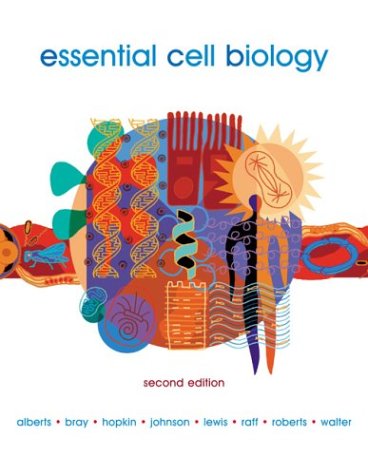
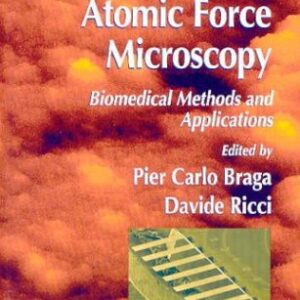
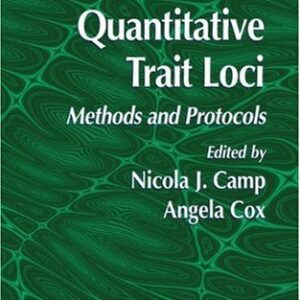
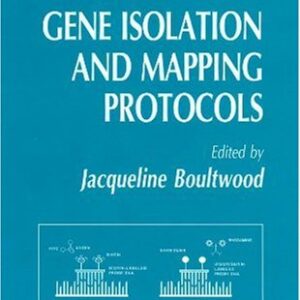
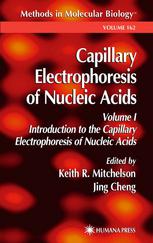
Reviews
There are no reviews yet.